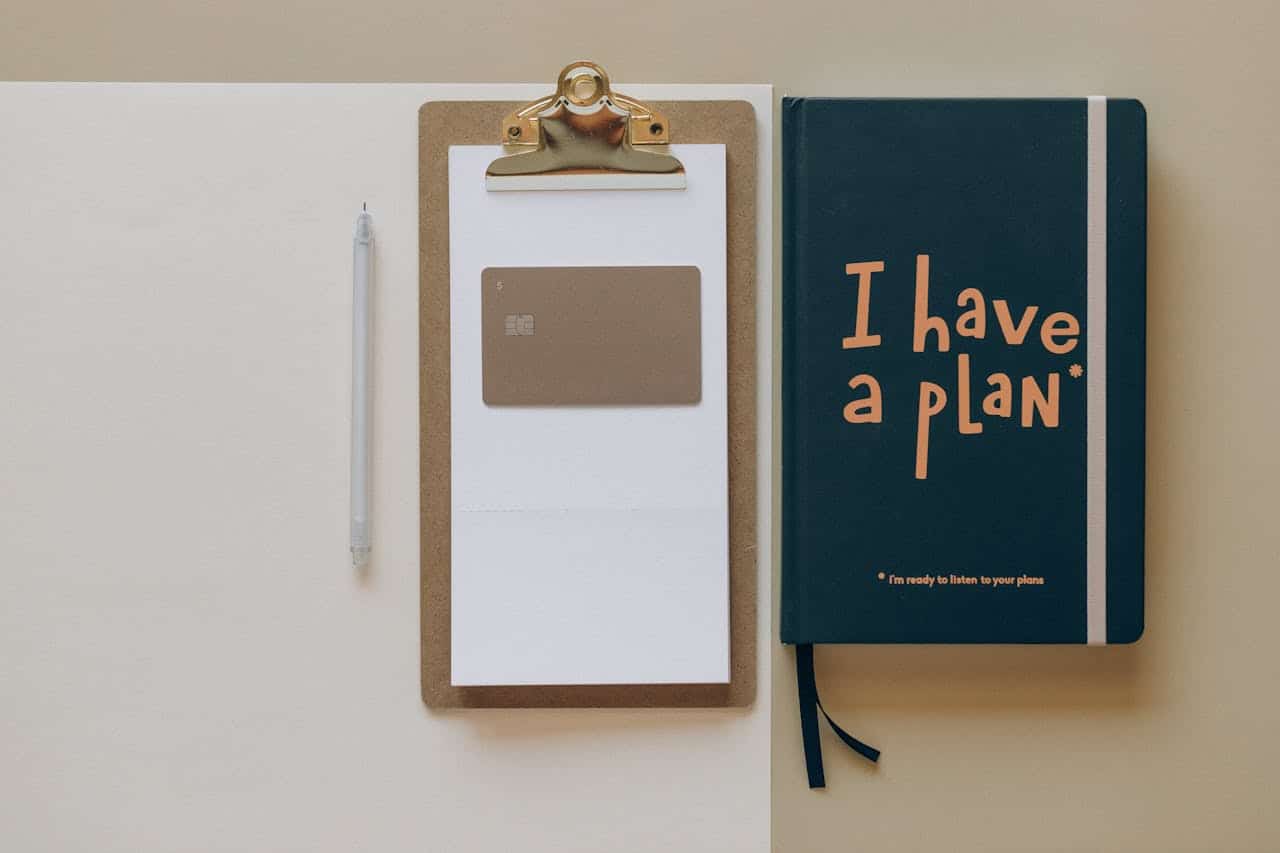- It’s expensive.
- It’s time consuming.
- It can be stressful.
Trusted by More than 2,000,000 Canadians since 2016
Published
Written by:

But when everything is said and done, it can be one of the most rewarding experiences in your life.
Having a partner to navigate this experience with you can be a blessing with the proper planning and communication. Here are 4 things to discuss with your partner before buying a house together.
Let’s be real…house hunting is a big commitment. Sit down with your partner to plan out how you want to fit this new task into your life, and ask yourselves a few questions, such as:

Will you visit open houses every weekend?

Are you interested in being a passive house hunter and taking your time?

Or are you ready to lock it down and book viewings back to back?
Be realistic with each your schedules and how you will navigate and fit in this new adventure.
Before you even set foot at an open house, sit down with your partner to understand what each of you wants in a property. There are:
– condos
– apartments
– townhouses
– duplexes
– high-rises
– basement units
– single-detached, and many other options
Do you want something turn-key, or are you willing to put in a bit of work? What about a full flip job? Are one of you handy? Or do you know contractors who can do the work? Do you want a backyard? How much time do you want to spend mowing the lawn? How many rooms do you want?



There are a lot of features in a house and it’s important for you to have a general understanding of what you want so you can enjoy the place and be comfortable.
Ask your agent to filter houses for you based on your specific requirements. This way, you can focus your energy and attention on properties that fit your criteria.
When looking for property, narrow down your search by location. If you both work in the same city, your house hunt can be a breeze. Otherwise, how will your commute look?
It’s typically cheaper to live outside of big cities so understand if you can handle a commute, or if you are set on your location.
Some other relevant things to note is access to transportation, proximity to a school (if there are kids are in the picture), distance to family and friends, and places you frequently visit.

Talking about money makes a lot of people uncomfortable. It can be shameful to bring up poor spending habits, or bad debt, but to get pre-approved for a mortgage, all of the details will come out. Talk about money together so you aren’t shocked by any revelations. Understand your credit scores, and if one of you has bad credit, work together to bring it up. Set goals to pay off debts since that will affect the rate on your mortgage too.
In order for your mortgage to be approved, you’ll need to satisfy various lender conditions. You will need to show income documents (T4’s, notices of assessment, job letters, etc.), down payment documents (bank and investment statements), so get the documents in order for each party. Once all the lender conditions have been signed off on, then your mortgage should be approved.
During the pre-approval phase, get clear on how much each party is contributing to the down payment.
Next, figure out how you will pay your regular mortgage payments. Based on your cash flow, you’ll need to choose your mortgage payment frequency. Every lender offers different payment frequencies, but the most common ones are weekly, biweekly, semi-monthly and monthly.
Then, understand who will pay for what, and when. One popular option is having a joint bank account for bills and housing expenses. Another common method is one person paying the mortgage, while the other person pays the bills. It’s also common to pay expenses proportional to your income. There is no “right” way to share expenses in a relationship, but it is important to develop an organized system that works for both of you.
The final thing to discuss before buying a house with someone is not a romantic conversation…what happens with the house if you break up? Ask your lawyer for some options, and protect yourself, and your investment!

Everything You Need To Know About Funding for Businesses in Canada
Guaranteed Payday Loans No Matter What in Canada

Secured Loan: What It Is, How It Works, & How To Get One

Best Bad Credit Loans Instant Approval Canada

What Is A Draft In A Bank





